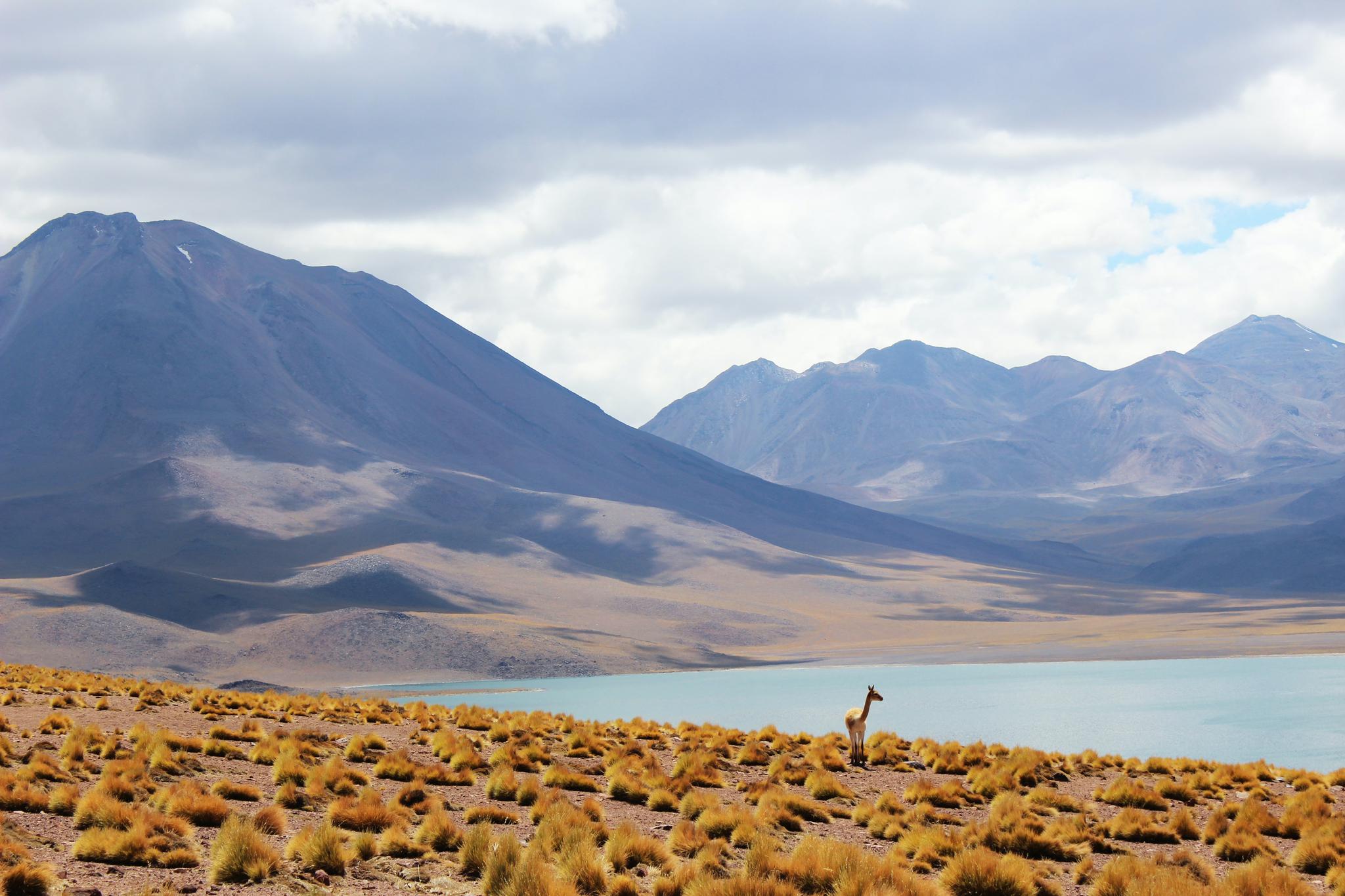Chile's Migrant Crackdown
A militarized border, immigrant restrictions and the doubling of a town’s population: Chile at the heart of Latin America’s migrant crisis
Colchane, an isolated mountain town on Chile’s border with Bolivia, has a permanent population of 1,700 but has doubled to over 3,000 in late January and early February 2021. The doubling of a city’s population would strain even the most advanced and wealthy cities. Colchance, however, lacks 24 hour electricity, a sewer system, or a supermarket.
The majority of the newcomers are Venezuelan migrants fleeing a failed state but are unable to get beyond Colchane because the Chilean police and military have blocked any further advance into Chile. Chile, one of Latin America’s wealthier nations and long a destination for migrants from many nations, has made recent efforts to severely curtail immigration. In addition to the militarization of the border, in 2020 Chile created special visa requirements only for Haitians and Venezuelans who are two of the largest groups of migrants to Chile. For citizens of the two failed states, Chile demanded a pile of paperwork -- such as government printed criminal histories -- that are largely impossible to obtain.
While Venezuelans are the largest group of migrants overall and likely the greatest number currently arriving, as of December 2019 Haitians were only the third largest group of migrants -- slightly ahead of Colombians but behind Peruvians. However, many Haitians are impoverished, darker skinned, and do not speak Spanish when they arrive -- all factors that can lead to rejection in Chilean society and may partly explain why they were targeted.
Overall, Chile’s immigrant population has swelled to above one million out of a country of around 19 million. The number of annual migrant arrivals to Chile has doubled over the last 10 years. The increase in migration is part of a larger trend in Latin America where, in the last decade, there was a 66 percent increase in migration and 42.7 million people live outside their countries of origin. On an optimistic note, Colombia’s president Ivan Duque sent shock waves through the region by announcing on February 9, 2021 that Colombia would legalize the nearly million Venezuelans currently in the country without legal status. Colombia’s own history of mass migration -- and the consequences for the country -- will be analyzed the following week by Stories of Latin America.

